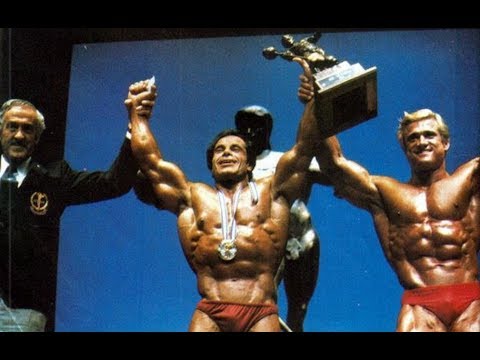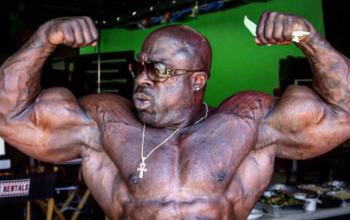There’s been talk about potential contest rigging in bodybuilding going all the way back to its founding days. This is largely because the sport is judged on a subjective basis, but what if the scores were changed after the fact? What if the judges were told who to place where? That would be extremely problematic considering the fact that amateurs and professionals pay membership dues to federations that should be regulated and should train judges to score only what they see on a given day. It shouldn’t matter who’s sponsored by whom, what gym someone trains at, or what kind of relationship they may have to powerful people. That said the sport is full of eyebrow-raising decisions short only of the nonsense seen in boxing. At least there that sport is monitored by the gaming commission, but who regulates bodybuilding?
You have thousands of amateur athletes paying to compete plus paying annual dues. If contest rigging is afoot every single amateur athlete has a cause of action. The pro’s also have to renew a card each year and they’re responsible for drawing huge audiences of the ticket-buying fans. Competing is their career and where they place determines what kind of contracts they can strike in the fitness industry. There’s a lot on the line for them as well. And while the federations offer competitors judges’ feedback, that only explains why the judge scored however they did. If a judge was told who was going to win or who to score down, they’re certainly not going to divulge information that incriminates them back to very people they’ve down wrong. Instead they’ll just make something up. “You need better balance, you need less this or more that, you need to pose harder next time.” There’s any number of bullshit advices they can offer. Even still, some placings just leave you scratching your head e.g. Franco winning the 1981 Mr. Olympia.
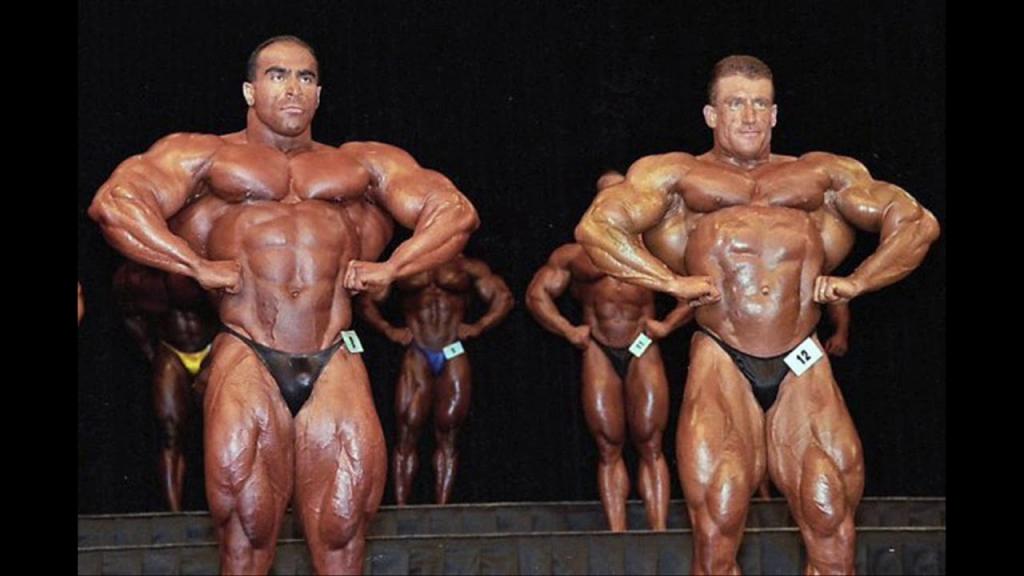
I can tell you that I’ve been to contests where a winner is declared and said winner’s hand is raised in the air, only for that winner’s win to be retracted and the “real” winner to be announced while everyone is still on stage. Accidents happen, mistakes are made, but crowing the wrong winner? That looks a little odd. Doesn’t it? Especially when it seems the crowd agrees with the initial score and everyone is in sync. Then a far less deserving competitor is announced as the real winner, the crowd is livid, and the guy who’d won for 30 seconds just hands over the trophy, forces a smile, and does his best to clap for the new decision.
The value placed on good sportsmanship trumps the need to demand accountability and transparency. To date, rumors of contest-rigging abound. Judges won’t budge. They will not speak to instances where they were pressured to score a certain way or downright handed the placings in the order they’re supposed to be. That said, it’s one thing if the Washington Post comes knocking and it’s quite another if a judge is deposed in civil litigation or questioned by law enforcement. This is because any organization found directly complicit in contest rigging exposes themselves to both civil and criminal litigation.
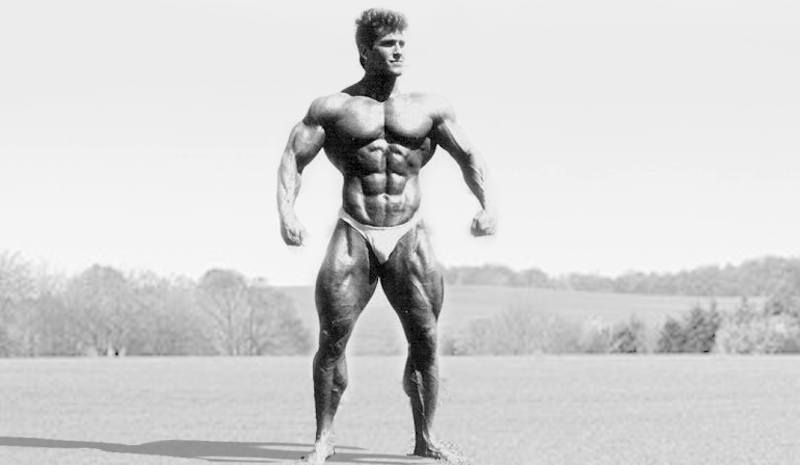
Contest rigging is a serious allegation and whoever tries to make the case will certainly have their work cut for them because no one will say a word. Still, we know that from a historic perspective, leaders in the sport of bodybuilding have had considerable power. Take Gorilla Suit, the novel by IFBB Pro Bob Paris. In his book, he talks about how Joe Weider encouraged him to compete for his pro card. When the head of all bodybuilding magazines and the brother of the president tells you to compete because you’ll go pro, that’s quite an endorsement. Eventually Joe convinced Bob and after a relatively short period of time, he won his pro card, got signed, and ruled the sport. That is, of course, until he came out as the first openly gay bodybuilder, but that’s a whole other story.
For as much talk of corruption in bodybuilding, there’s an equal amount of purported control. Although bodybuilders look like they can rip phonebooks for fun, they’re largely at the beckon call of those with the power. The last thing most of them will ever do is question the judges, question the officials, or much less question the shot callers. They’ll just keep working and hoping their day comes soon.
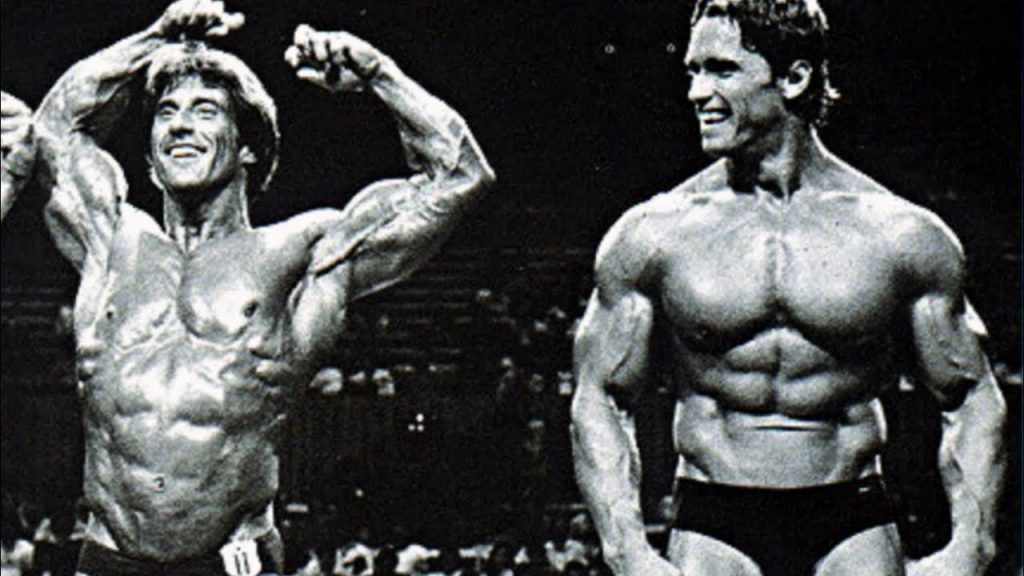
Bodybuilding is a sport that almost lends itself to shady judging. It’s a sport that requires the utmost honesty from its judges because unlike objective-based sports where points are made by making baskets, scoring touchdowns, or hitting homeruns, this is a sport about each judge’s own opinion based on the size, shape, and symmetry of muscle. Taking it even further is the definition of what’s good posing. After all, art is in the eye of the beholder, is it not? And it’s often been said that having the best physique isn’t enough – the athlete needs to show it. The athlete’s personality is also a factor.
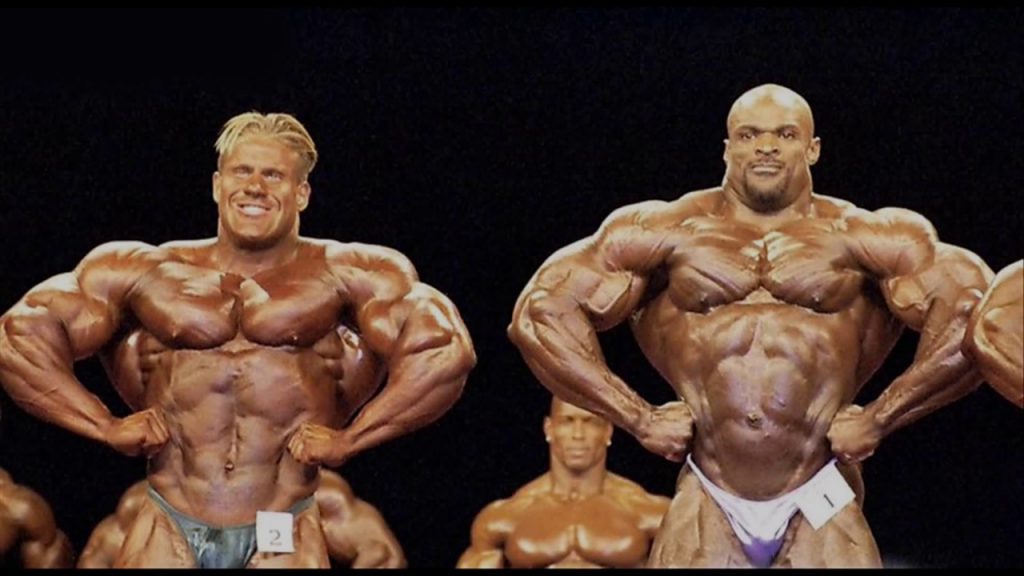
Take the 2001 Mr. Olympia where for all intents and purposes Jay Cutler beat Ronnie Coleman. Jay was told that he didn’t get the win because he didn’t want it bad enough, he didn’t take to the stage with the necessary confidence to win. He failed to really present his physique the way that was required to knock out the champion. And what’s worse, Jay started parroting this nonsense for all the years he took 2nd until 2006. It’s not bad enough that the federation feeds the fans and the press this garbage, but when the robbed athlete adopts it, then you know you’re in a vicious cycle. Athletes just don’t know any better. There’s no other federation to go to. If you want to be a pro bodybuilder, you have only one place to compete. Burn that bridge and you’re done for. It’s one of the only monopolies that’s seemingly allowed to exist. And any federation that tries to build a better mouse trap is driven into the ground.
One last note about the 2001 Olympia and all others, is the popular folklore, that you don’t just beat a reigning Mr. Olympia, you have to knock him out. Most admit that Jay beat Ronnie in 2001, but he didn’t knock him out. What the hell does that mean? Is that just more of judging “feedback” that’s employed to cover up the fact that no matter what Jay did he wasn’t going to be Mr. Olympia in 2001? I mean if you have the best physique on a given day and you’ve managed to wind up in the Top 2, then it’s safe to say you presented your physique effectively and posed hard. In any event, I think you all catch my drift.
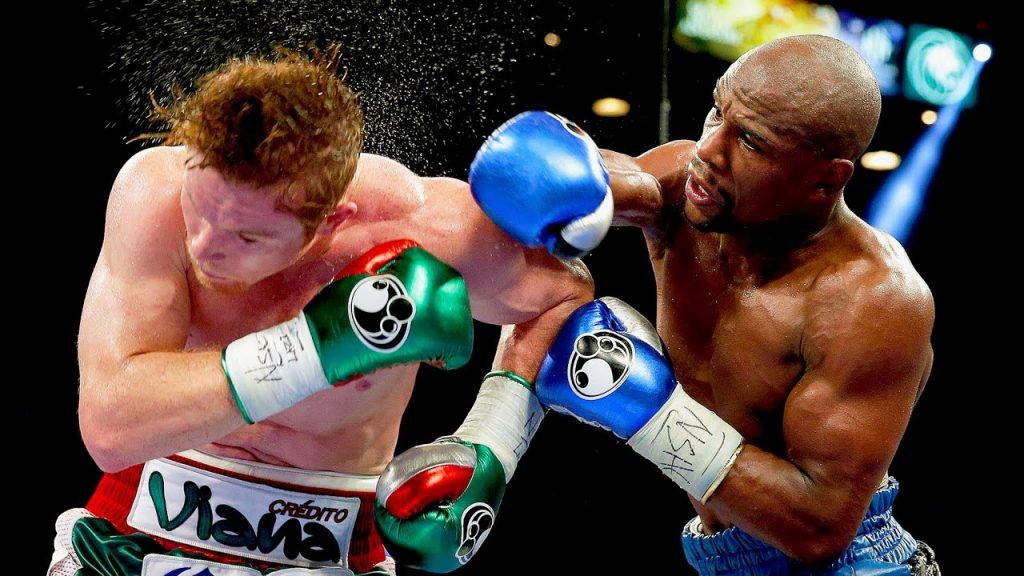
What’s truly alarming is that if contest rigging is taking place – it’s happening at all levels. It’s happening in the local contests and it’s happening at the most elite levels. Again, who’s regulating the federations? No one. The contest fees and annual dues keep coming in, the athletes don’t have health insurance or life insurance, they have no benefits from all the money they’re paying. In fact, they may not even be getting judged fairly. Boxing isn’t the only place where shady judging is taking place. Some believe bodybuilding is far, far worse and with zero oversight it’s unlikely to stop. That may be about to change though.

The Washington Post has taken a keen interest in shedding light into some of the darkest realms of the sport of bodybuilding. It also seems that the Ohio Attorney General may be working on cases against two of the largest bodybuilding federations in the United States based on their tax designations and tax filings. Not only is there a want of oversight insofar as judging goes, but there seems to be a lack of oversight insofar as how these organizations generate profits and pay (or don’t pay) their fair share of taxes. Only time will tell if there’s any truth to these allegations and how the private sector and/or the government will respond.


